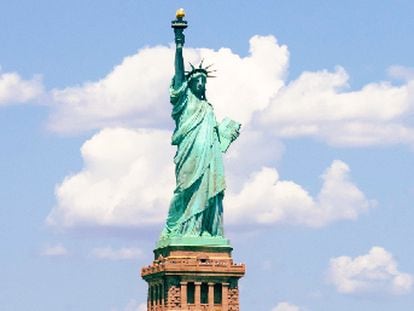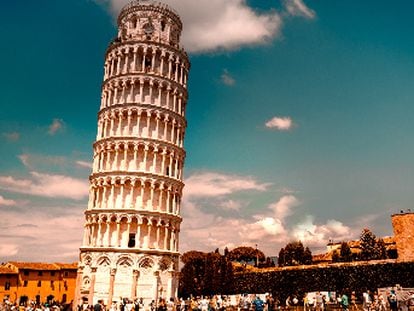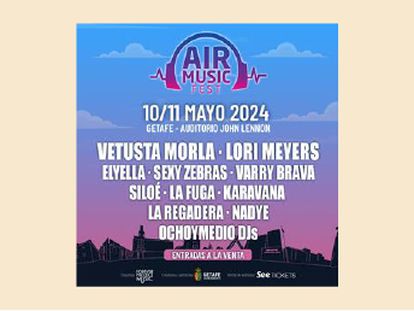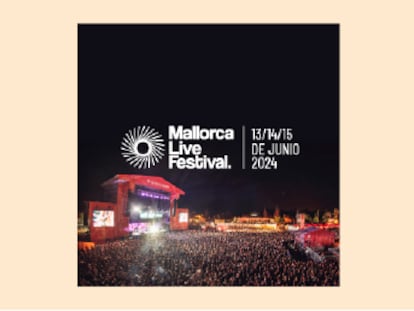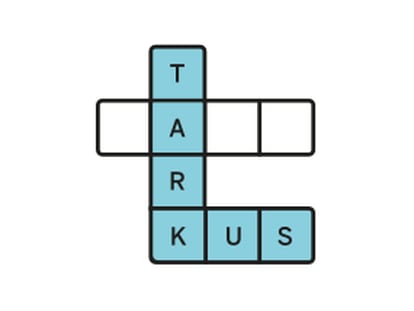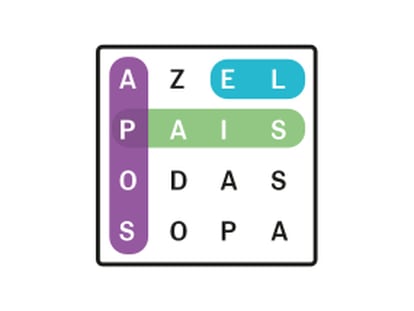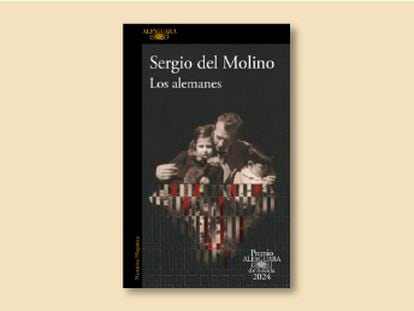La Nicaragua de Ortega
Cables sobre las sospechas de fraude en las municipales de 2008 en Nicaragua
El embajador norteamericano y otros jefe de misión europeos ya sospechaban, antes de las elecciones, que el Consejo Supremo Electoral preparaba un fraude electoral
| ID: | 172502 |
| Date: | 2008-10-03 15:16:00 |
| Origin: | 08MANAGUA1220 |
| Source: | Embassy Managua |
| Classification: | CONFIDENTIAL |
| Dunno: | 08MANAGUA1195 |
| Destination: | VZCZCXRO8059 PP RUEHLMC DE RUEHMU #1220/01 2771516 ZNY CCCCC ZZH P 031516Z OCT 08 FM AMEMBASSY MANAGUA TO RUEHC/SECSTATE WASHDC PRIORITY 3223 INFO RUEHZA/WHA CENTRAL AMERICAN COLLECTIVE PRIORITY RUMIAAA/CDR USSOUTHCOM MIAMI FL PRIORITY RUEAIIA/CIA WASHDC PRIORITY RHEFDIA/DIA WASHINGTON DC PRIORITY RUEHLMC/MILLENNIUM CHALLENGE CORP WASHDC PRIORITY RHEHNSC/NSC WASHINGTON DC PRIORITY |
C O N F I D E N T I A L SECTION 01 OF 03 MANAGUA 001220 SIPDIS STATE FOR WHA/CEN AND DRL STATE PASS USAID FOR LAC NSC FOR FISK/GARCIA E.O. 12958: DECL: 10/03/2018 TAGS: PHUM, PGOV, PREL, KDEM, NU SUBJECT: NICARAGUAN ELECTIONS -- SO TRANSPARENT YOU CAN SEE RIGHT THROUGH THEM REF: MANAGUA 1195 Classified By: Ambassador Robert J. Callahan, reasons 1.4 (b,d) 1. (C) Summary. On September 25, German Ambassador Betina Kern convened a meeting of the Elections Group (an informal group to monitor election-related issues chaired by the German Ambassador and comprising EU member states plus Japan, Canada and the U.S.) with Roberto Rivas, President of the Supreme Electoral Council (CSE), to express joint concern on a range of elections-related issues, including the elimination of political parties, mounting violence, and a lack of transparency. Ambassador Kern emphasized that the international community expected Nicaragua to hold free, fair and transparent elections observed by independent and credible observers. Rivas responded that Nicaragua had the "most transparent elections" in Latin America and therefore there is no need for international observation of the municipal elections. Further, he reported that domestic observers would be accredited "if they complied with the requirements" but refused to indicate when accreditation would be given. Rivas also asserted that the few problems with the electoral system were the result of the failure of the international community to provide financial assistance. Finally, Rivas asserted that the CSE needed to ensure that the electoral law was fully implemented and was evasive when questioned whether civil society and opposition parties would have full freedom to hold rallies and demonstrations during the electoral period. Participants in the event privately expressed dismay at Rivas' attitude and expected the CSE's behavior to worsen as the elections approach. End Summary. ELECTIONS GROUP EXPRESSES CONCERN --------------------------------- 2. (C) In response to the GON's continued failure to restore the legal status of the Sandinista Renovation Movement (MRS) and Conservative Party (PC), recent incidents of elections-related violence, and mounting reports of Nicaraguans being denied voter cards (cedulas) or being stricken from voters lists in closely contested municipalities, the Elections Group convened a meeting with CSE President Roberto Rivas. Rivas was accompanied by CSE Vice President and Ortega loyalist Emmet Lang and chief of staff Roberto Barreto. In attendance from the Elections Group were Ambassadors or representatives from Germany, the European Commission, France, Norway, Switzerland, Canada, Denmark, Spain, Sweden, Finland, and the U.S. (represented by the Ambassador and polcouns). 3. (C) Ambassador Kern, speaking on behalf of all the members of the Elections Group, expressed the international community's continued concern regarding the elimination of the MRS and PC and the negative impact it and other CSE actions had on the ability of Nicaraguans to express themselves through elections. Kern expressed the hope that the CSE would hold free, fair and transparent elections observed by independent and credible observers, placing particular emphasis on the need to accredit the two main independent domestic observers, IPADE and Etica y Transparencia. Kern also questioned Rivas about impediments to voter participation, including the persistent lack of voter cards (cedulas) and the absence of a CSE campaign to inform voters on where and how to vote. Kern and others also pressed Rivas on his recent claims that, with the official start of the election season on September 25, only the CSE could authorize public marches and demonstrations and what steps the CSE planned to take to avoid violent confrontations such as those recently seen in Leon (reftel). OBSERVATION NOT NEEDED ---------------------- 4. (C) Rivas restated his standard talking points that accrediting international observers depended upon receiving a request from international groups, the issuance of an official request from the CSE to the Executive branch, and then the Executive branch issuing an official invitation. Rivas recalled that Nicaragua has had international observers for all the elections in the past 15 years and that in all these instances, only a few minor cases of concern were discovered. International observers would not improve the MANAGUA 00001220 002 OF 003 electoral process and therefore there is no need to invite them. 5. (C) The political parties, Rivas asserted, will be able to fully monitor the electoral process and defend their votes. Representatives of political parties make up the president, and first and second members of the electoral commissions at the local voting center (JRV), the municipal electoral commissions (CEM and departmental electoral commissions (CED). The president and first member seats go to the first and second place parties from the 2006 national elections - the FSLN and the Nicaraguan Liberal Alliance (ALN) respectively. Rivas declared the ALN is comprised of members of the Liberal party, despite whatever differences they had with Eduardo Montealegre and his Liberal movement. (Note: earlier this year, the CSE stripped the presidency of the ALN from Eduardo Montealegre, forcing him to forge an alliance with the Constitutional Liberal Party (PLC) and turning the party over to Eliseo Nunez, who is widely reported to be receiving political direction from President Daniel Ortega. End Note) 6. (C) Contrary to his previous statements that international observation was unnecessary, Rivas confirmed that the Latin American Council of Election Experts (CEELA) had been approved to observe the elections. Rivas dismissed assertions that CEELA is a "Chavez-backed" organization or "comprised only of the left." CEELA was a "professional" and respected association of magistrates from across Latin America and their observation of the municipal elections was fully welcomed by the CSE. (Note: CEELA officials have been making regular monthly visits to Nicaragua, have endorsed the CSE decision to ban the MRS and PC, and are receiving a stipend, administrative support, and offices from the CSE. End Note.) 7. (C) On domestic observers, Rivas said that "observation will not resolve anything." However, he confirmed that the two credible domestic observer networks, Etica y Transparencia (EyT) and Institute for the Development of Democracy (IPADE), among others, had applied for accreditation to observe the elections. Rivas said he could not promise credentialling, as he "needed to count the votes of all the members of the CSE" but promised that any organization that had complied with the "requirements" would be authorized to observe. He did not elaborate on what those "requirements" are. DEMONSTRATIONS AND CIVIC PARTICIPATION -------------------------------------- 8. (C) Regarding the removal of the PC and the MRS, Rivas emphasized the party line that all Nicaraguans must comply with the law, including the CSE and the political parties. The PC fell 100 candidates short of the minimum number required to compete in the elections and therefore failed to comply with the law. The CSE had no choice but to remove their legal status as required by law. Similarly, the MRS did not properly present lists forming their party at the national and municipal levels and therefore "auto-dissolved" itself. Again, the CSE had no choice but to comply with the law and ban the party. Both cases, he noted, are now with the Supreme Court of Justice (CSJ) and he hoped that the parties would receive a "favorable" decision after the elections (hinting that their parties' legal status might later be restored). 9. (C) Rivas complained that problems involving civic participation, including public awareness, incorrect voter lists, and access to cedulas, could have been resolved had the international community provided more financing. He claimed that he asked for funds from the donor community. "But, the countries waste their money on organizations that are trying to destroy the institutions of the state." Because donor groups will not provide more funding or training, the CSE has had to reduce its training and public relations budgets. Despite their lack of funds, Rivas lamented, Nicaragua has "the most transparent elections" but continues to be criticized for supposed shortcomings. The real problems, Rivas asserted, with the electoral process are not issues of political interference but rather a poor civil registry and voter list (padron). "We can only fix them with MANAGUA 00001220 003 OF 003 your help." 10. (C) Rivas confirmed that the electoral law provides the CSE with authority to approve all marches and public demonstrations during the electoral period, which started September 25. The CSE also has the authority to coordinate with the police to ensure proper public order. Rivas asserted that in this electoral period, political parties have the clear priority over other civil society groups in the right to hold public demonstrations. "We won't put up obstacles," Rivas lamely claimed. "We will let the parties do their marches and make sure there are no conflicts." The parties will have to ask for permission, but the CSE will do "everything it can" to issue that permission. "This is not a mechanism for repression." 11. (C) When pressed about how the CSE would avoid conflicts like those that occurred previously in Leon, Lang launched into a partisan-laced diatribe against pro-democratic NGOs. "They are the same groups -- those MRS -- that attacked my house several months ago." No one complained when they attacked him, Lang complained, but the international community rushes to defend "bandits" when they march in Leon, even though the FSLN was holding its own demonstrations in the city. Lang said he "understood" why the police did not get involved in Leon and that the actions of the civil society demonstrators were "incorrect." The CSE, he continued, would assert its jurisdiction now over marches and ensure that the laws are complied with. When pressed by Danish Ambassador Vohtz about the presence of Citizen Power Council (CPC) members in all of Managua's rotundas on a seemingly permanent basis and whether these constituted approved marches, Rivas responded vaguely "we will have to see." Rivas added the CSE needed to be cautions about religious events. (Note: the CPC events in the rotundas have billed themselves as semi-religious events under the slogan of "praying against hate." End Note.) ELECTORAL GROUP MISSIONS NOT CONVINCED -------------------------------------- 12. (C) Following the meeting, Electoral Group representatives expressed dismay at Rivas' disingenuousness, artificial reliance on "the law," and continued intransigence on the status of the political parties. All expressed serious doubts about the fairness and transparency of the upcoming elections. German Ambassador Kern commented that Rivas was not truthful and appeared to be orchestrating the elections to guarantee and FSLN victory. "The votes are already counted." Danish Ambassador Vohtz expressed continued concern about the ability of democratic political parties and civil society groups to be able to exercise their rights to assemble and march and believed that Rivas' comments indicated the CSE would be an even greater obstacle to peaceful demonstrations. Nearly all missions remained concerned that the CSE would not accredit domestic observers, or would delay accreditation to make it irrelevant, and suggested that such a move would have serious negative repercussions for their assistance. 13. (C) COMMENT. Rivas' public and private comments reaffirm our view that the CSE is anything but an impartial administrator of the elections. Rivas is correct in claiming that Nicaragua's elections are transparent -- their political goal is obvious. While hiding behind "the law," the CSE is working at every level to engineer a resounding FSLN victory and ensure that neither opposition parties nor civil society are in a position to challenge the results. We remain particularly concerned by the CSE's attitude towards demonstrations and that any effort of theirs to stifle opposition rallies may lead to even more political violence and more excuses by the GON to reign in civil society. CALLAHAN |
Traduce este documento »
Traducción automática. Puede que el texto traducido no sea fiel al original
Únete a EL PAÍS para seguir toda la actualidad y leer sin límites.
Suscríbete_













